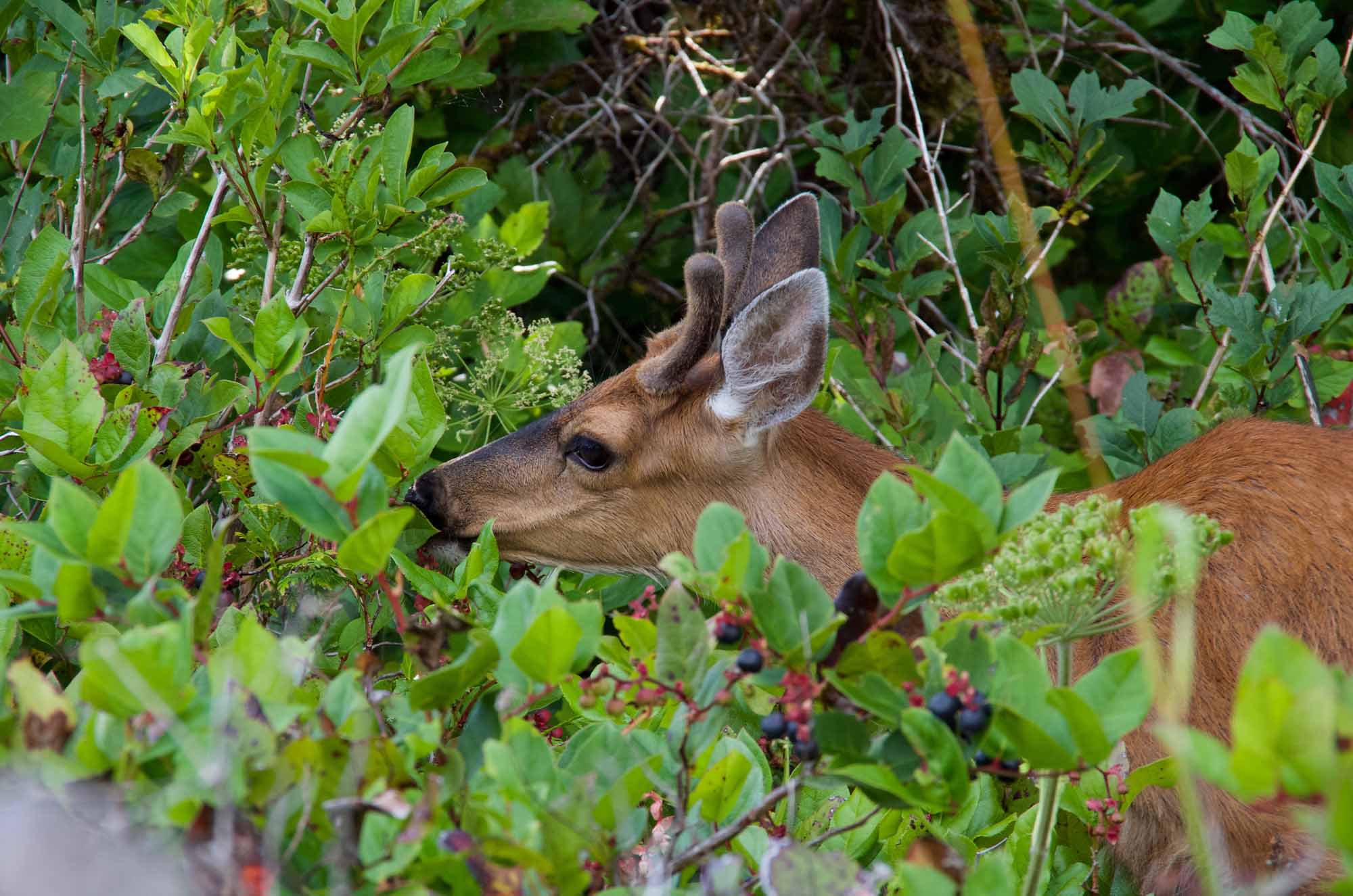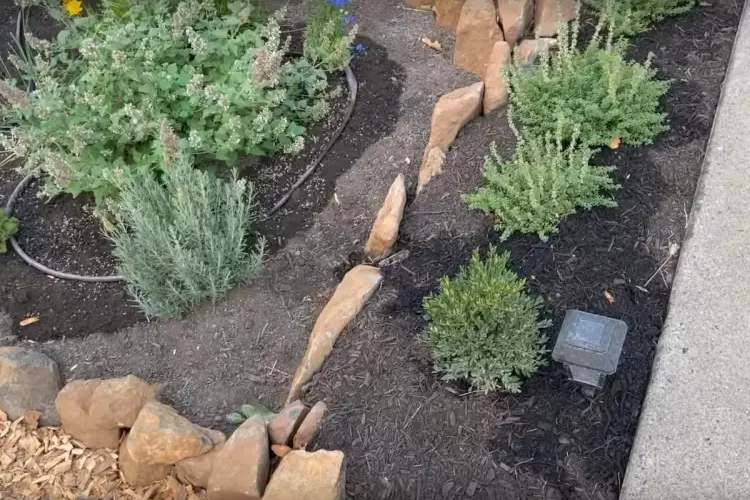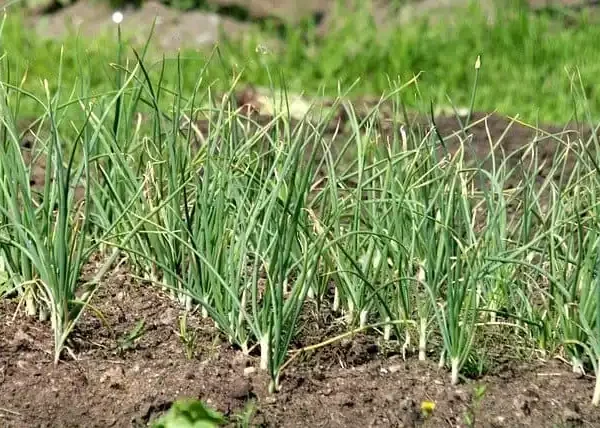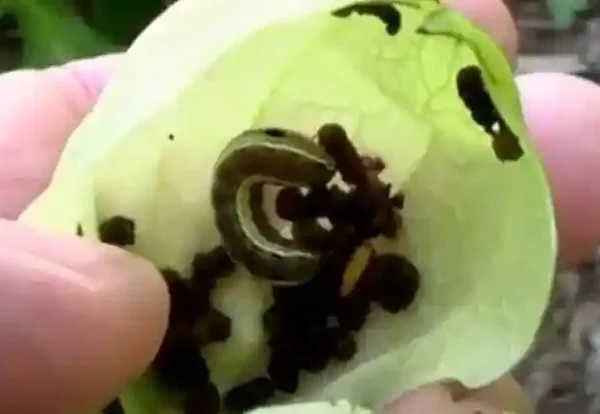Deer are known to forage on a variety of plants, but their preference for herbs can vary based on factors such as availability, habitat, and deer population density. In this expert guide, we’ll delve into deer behavior towards herbs, drawing insights from government agencies, horticultural bodies, and academic research.
Understanding Deer Foraging Behavior
Herbivorous Nature
Deer are herbivores, meaning they primarily consume plant matter, including leaves, stems, fruits, and flowers. Their diet can include a wide range of vegetation, from grasses and shrubs to trees and herbs.
Selective Feeding
Deer exhibit selective feeding behavior, often preferring certain plant species over others based on factors such as taste, nutritional value, and accessibility. While they may consume herbs, their preferences can vary among different species.

Factors Influencing Deer Herb Consumption
Availability
The availability of herbs in the local habitat can influence deer feeding behavior. Areas with abundant herbaceous vegetation may attract deer, while those with limited herb cover may result in less herb consumption.
Palatability
Deer tend to prefer plants with palatable foliage and flavors. Some herbs may be more attractive to deer due to their taste or aroma, while others may be less appealing and avoided.
Herbs Preferred by Deer
Highly Palatable Herbs
Deer may show a preference for certain herbs with tender foliage, such as clover, alfalfa, and chicory. These plants are often rich in nutrients and have a palatable taste that attracts deer.
Aromatic Herbs
Some herbs with strong aromas, such as mint, oregano, and thyme, may deter deer due to their pungent scents. However, deer preferences can vary, and they may still consume these herbs if other food sources are scarce.
Deer Deterrence Strategies for Herb Gardens
Physical Barriers
Installing deer fencing or using netting to protect herb gardens can help deter deer and prevent them from accessing valuable plants.
Repellents
Applying deer repellents, such as sprays or granules containing natural or synthetic deterrents, can help deter deer from herb gardens by making the plants less appealing or palatable
Conclusion
While deer may consume herbs as part of their diet, their preferences can vary based on factors such as availability, palatability, and habitat conditions. By understanding deer behavior and implementing deterrent strategies, gardeners can protect their herb gardens and minimize damage caused by deer browsing.
Do deer eat herbs?
Yes, deer are known to eat herbs as part of their diet, although their preference for specific herbs can vary depending on factors such as availability, taste, and habitat conditions.
What types of herbs do deer commonly consume?
Deer commonly consume a variety of herbs, including clover, alfalfa, chicory, and other tender, palatable plants with nutritious foliage.
Are there herbs that deer tend to avoid?
While deer may have preferences for certain herbs, they may generally avoid plants with strong aromas or bitter flavors, such as mint, oregano, and thyme.
Do deer eat herbs in all seasons?
Deer may consume herbs throughout the year, although their feeding habits can vary depending on seasonal availability of vegetation and other food sources.
How can I tell if deer are eating my herbs?
Signs of deer browsing on herbs include nibbled or torn foliage, trampled plants, and evidence of deer tracks or droppings near the garden or herb beds.
Will deer eat herbs in a well-fenced garden?
Deer may be deterred from accessing herbs in a well-fenced garden, but they can still occasionally breach fences or find ways to access vulnerable areas if motivated by hunger or other factors.
What can I do to protect my herb garden from deer?
Protective measures against deer browsing on herbs include installing deer fencing, using deer repellents, planting deer-resistant herbs, and creating barriers or deterrents around garden beds.
Are there natural deer deterrents I can plant alongside herbs?
Some plants, such as garlic, chives, and lavender, are believed to have natural deterrent properties against deer and may help protect nearby herbs from browsing.
How can I discourage deer from eating my herbs without using chemicals?
Non-chemical methods for deterring deer from herb gardens include using motion-activated sprinklers, hanging shiny objects or wind chimes, and planting strong-smelling herbs or flowers around the perimeter.
Can I train deer to avoid eating herbs in my garden?
While deer behavior can be influenced by deterrents and conditioning, training deer to avoid specific plants like herbs may be challenging and is not considered a reliable long-term solution.
- Best THC Sodas to Buy in Arkansas - May 28, 2025
- Exploring THC-Infused Sodas in Arkansas - May 28, 2025
- THC Beverages Now Trending in Alabama - May 28, 2025




